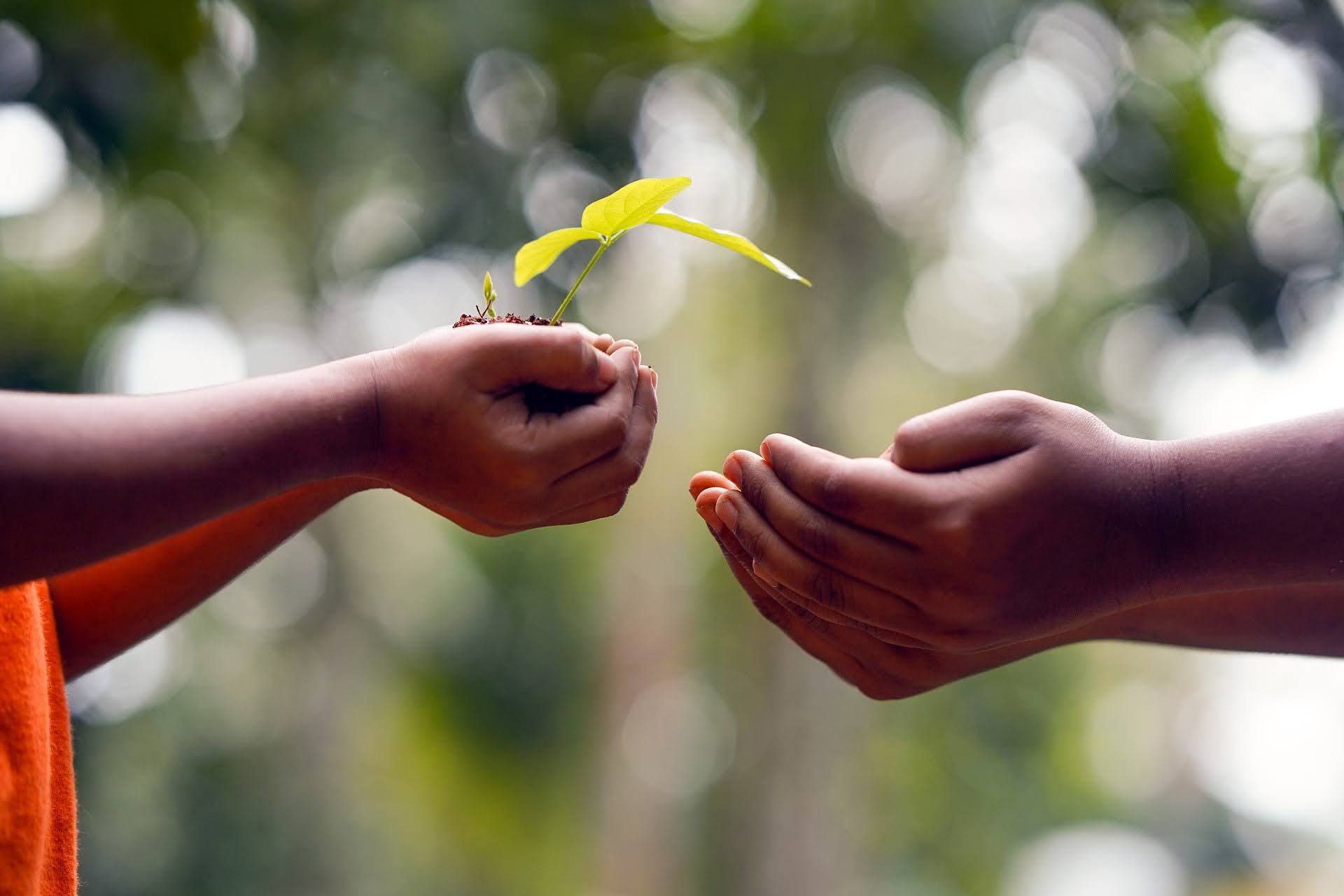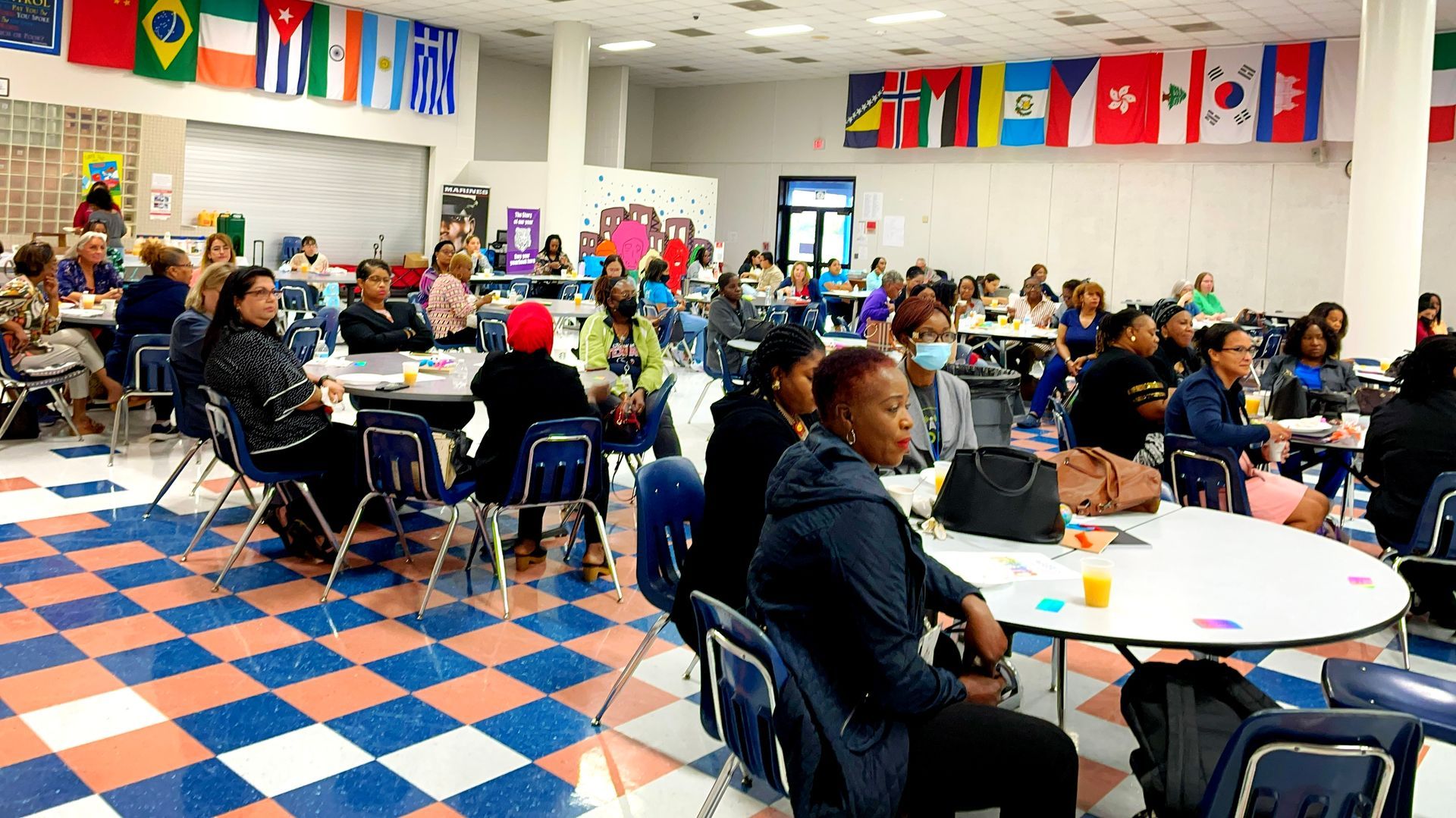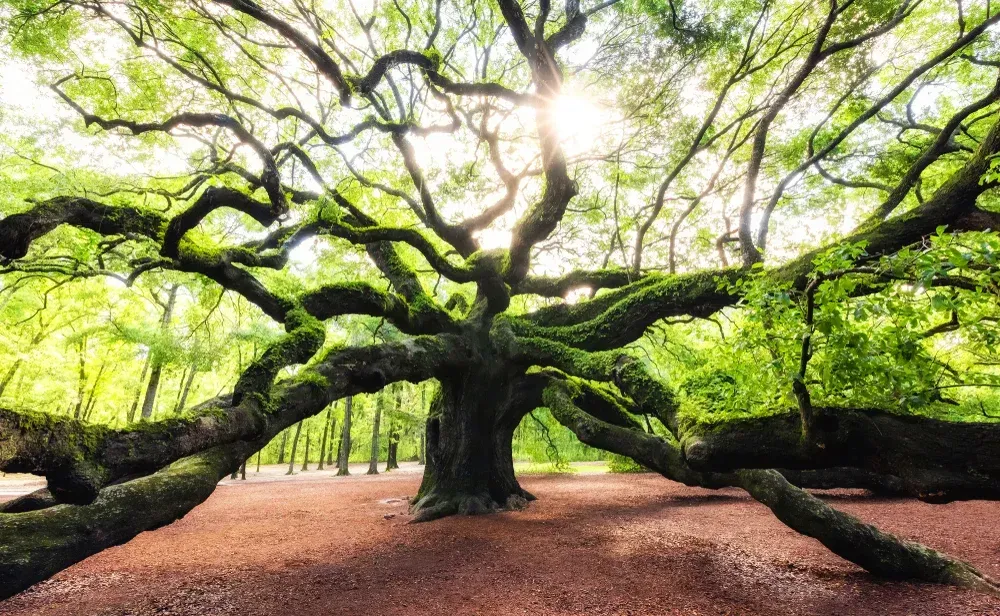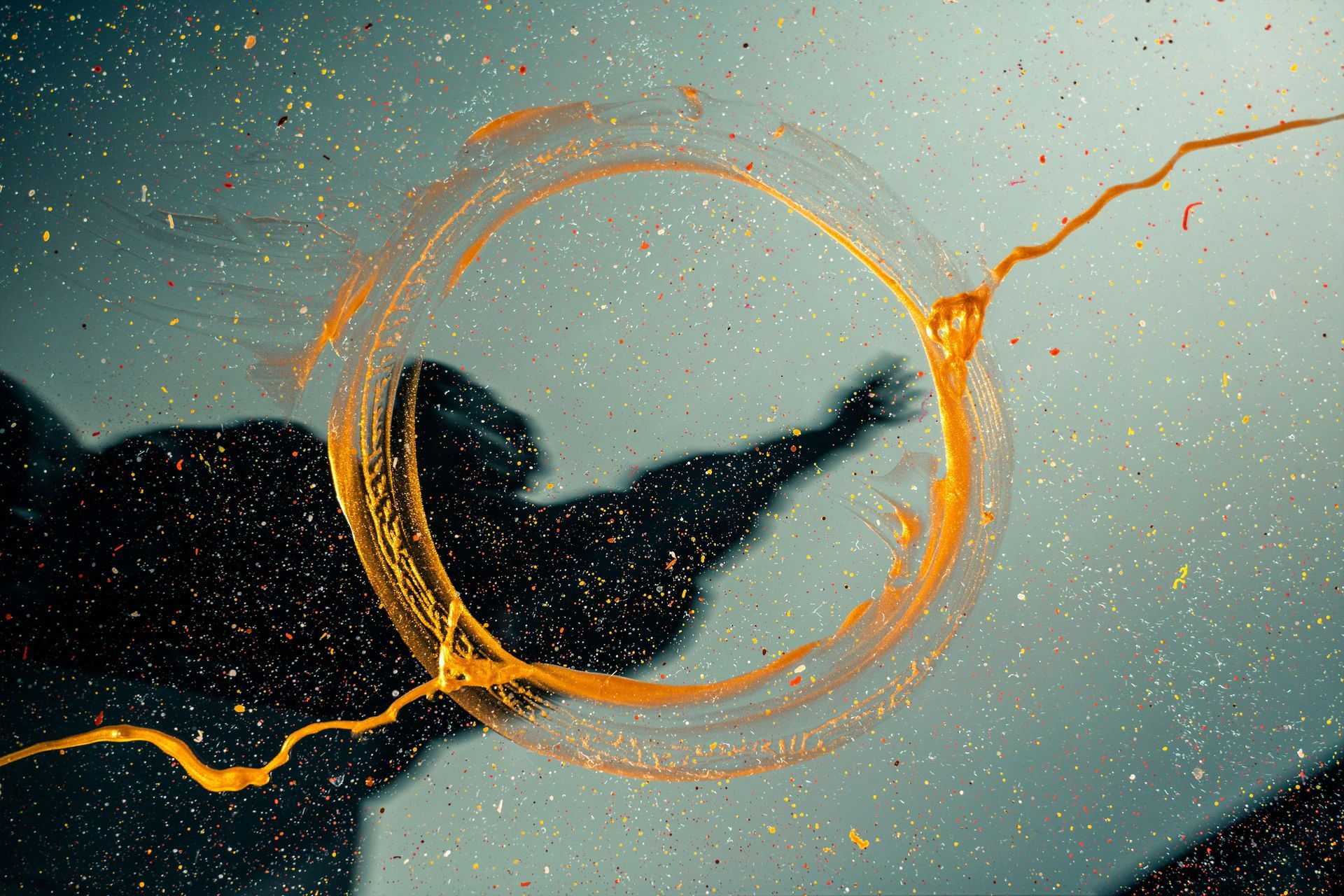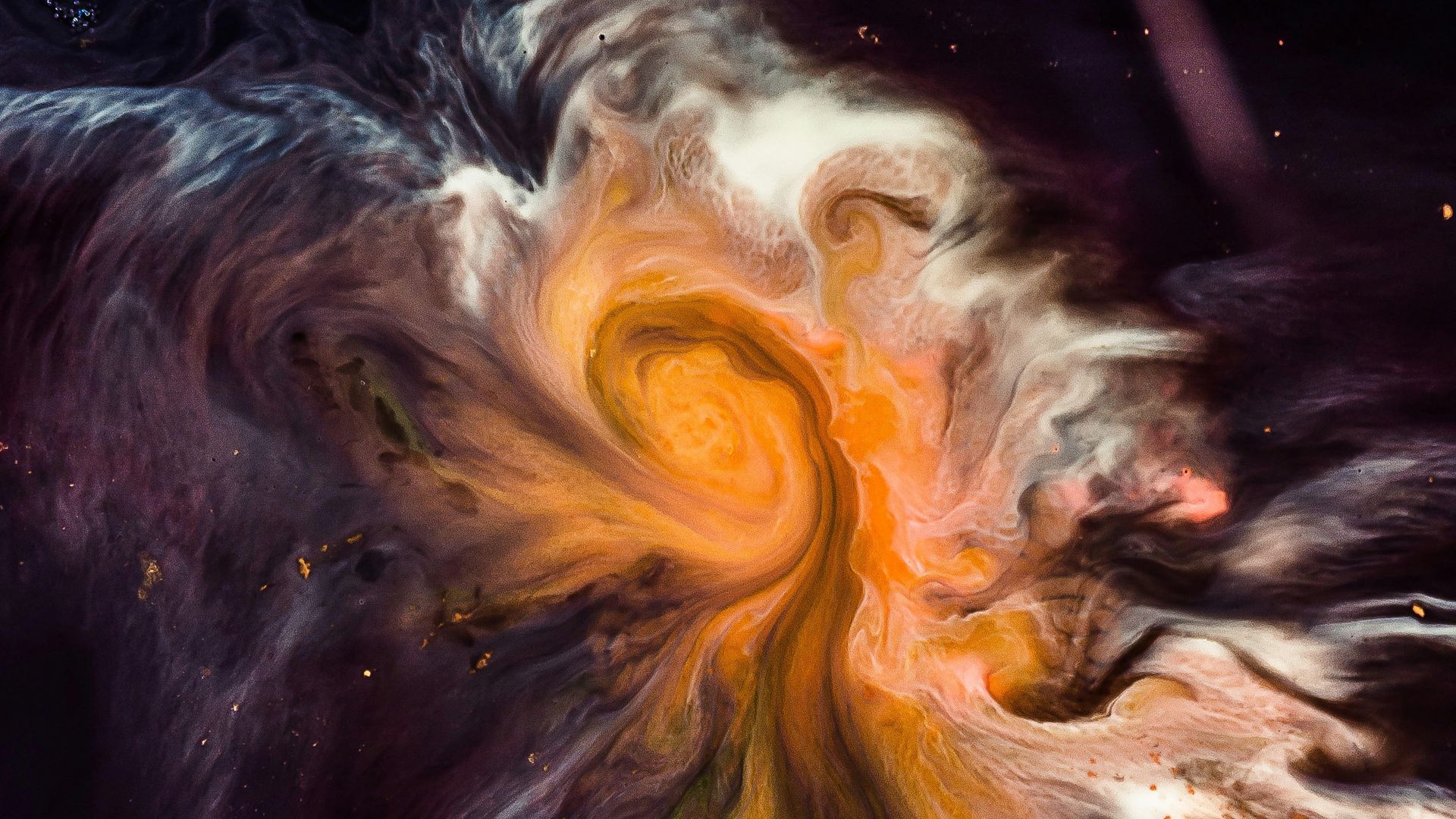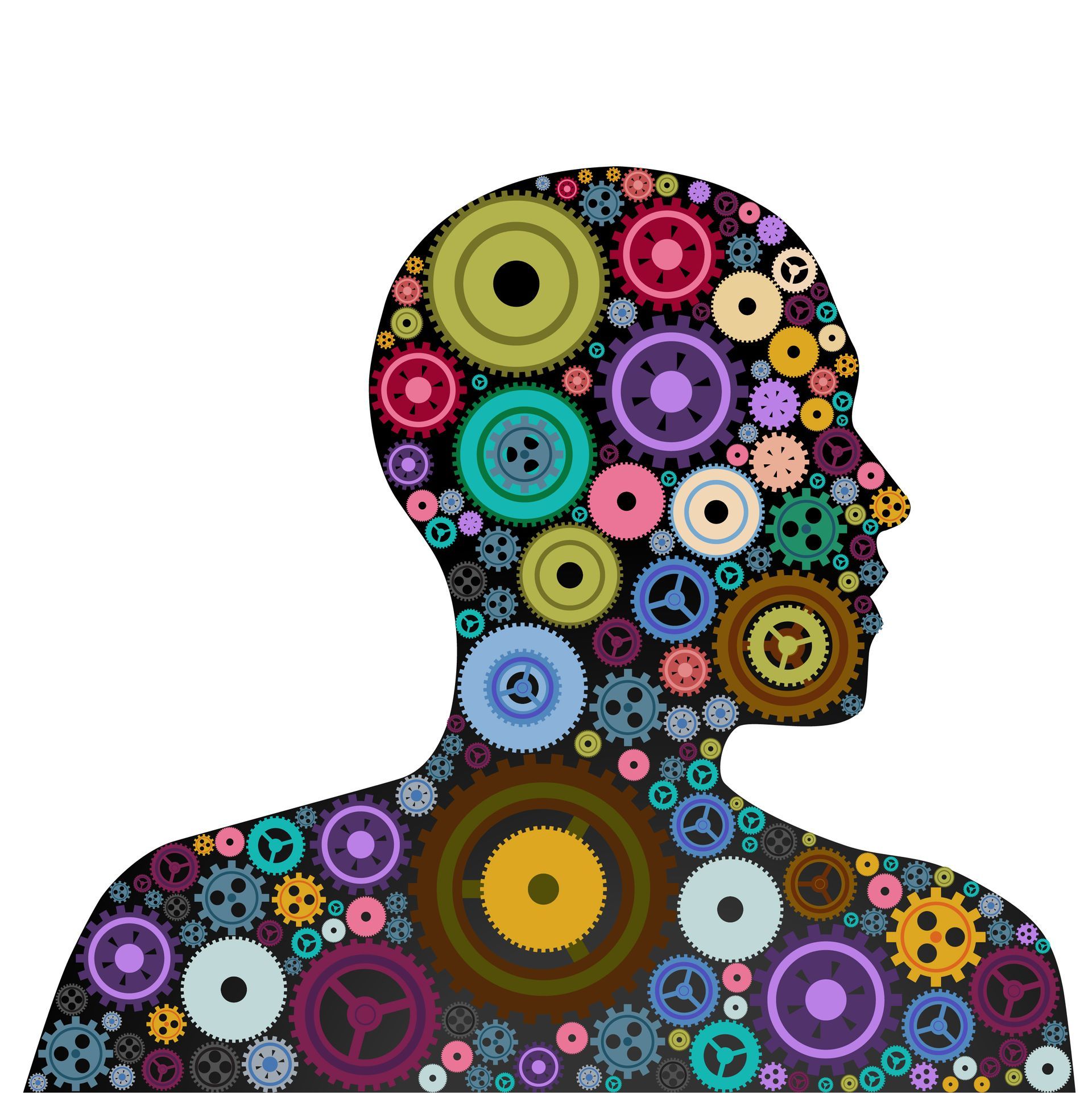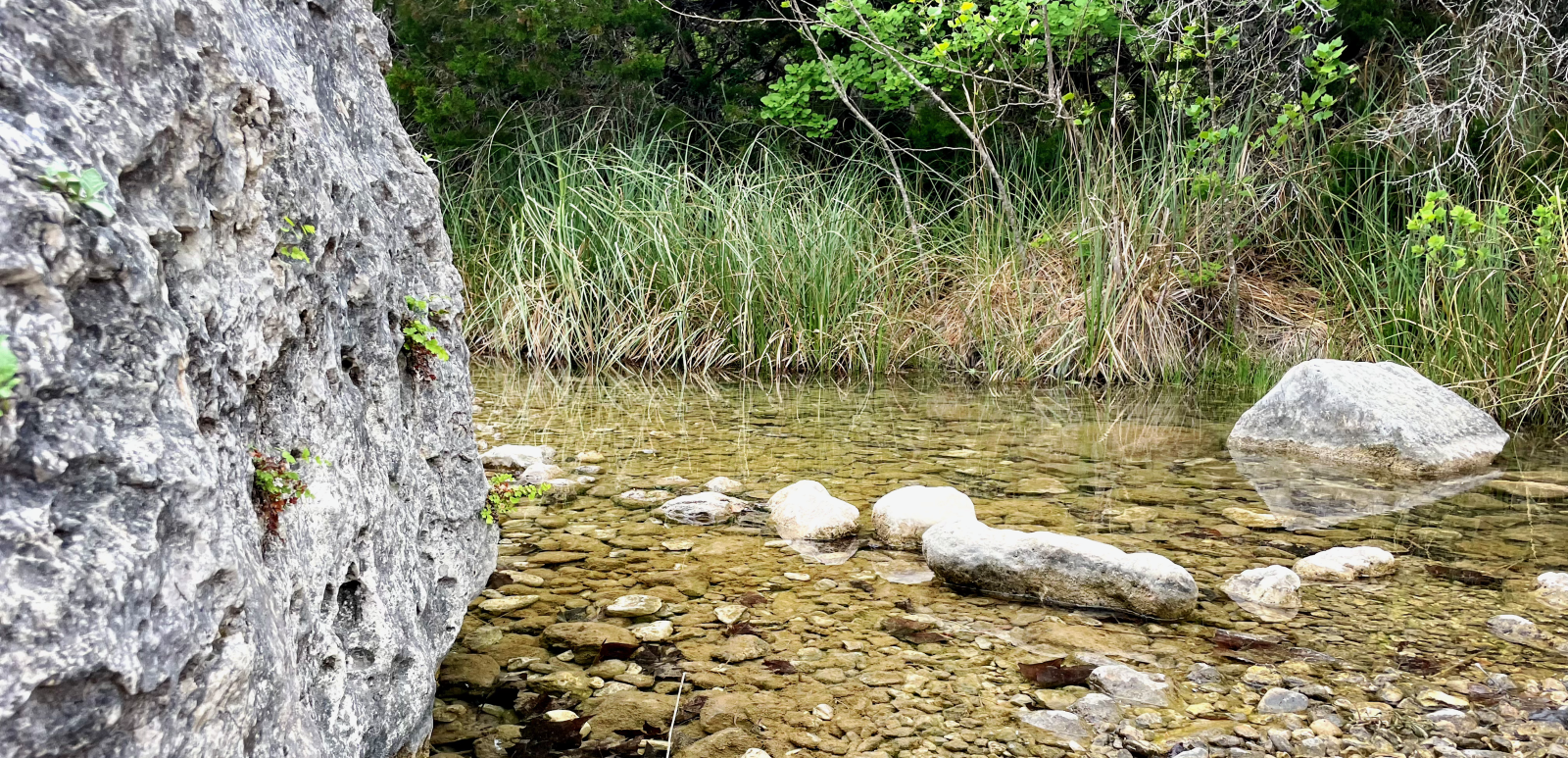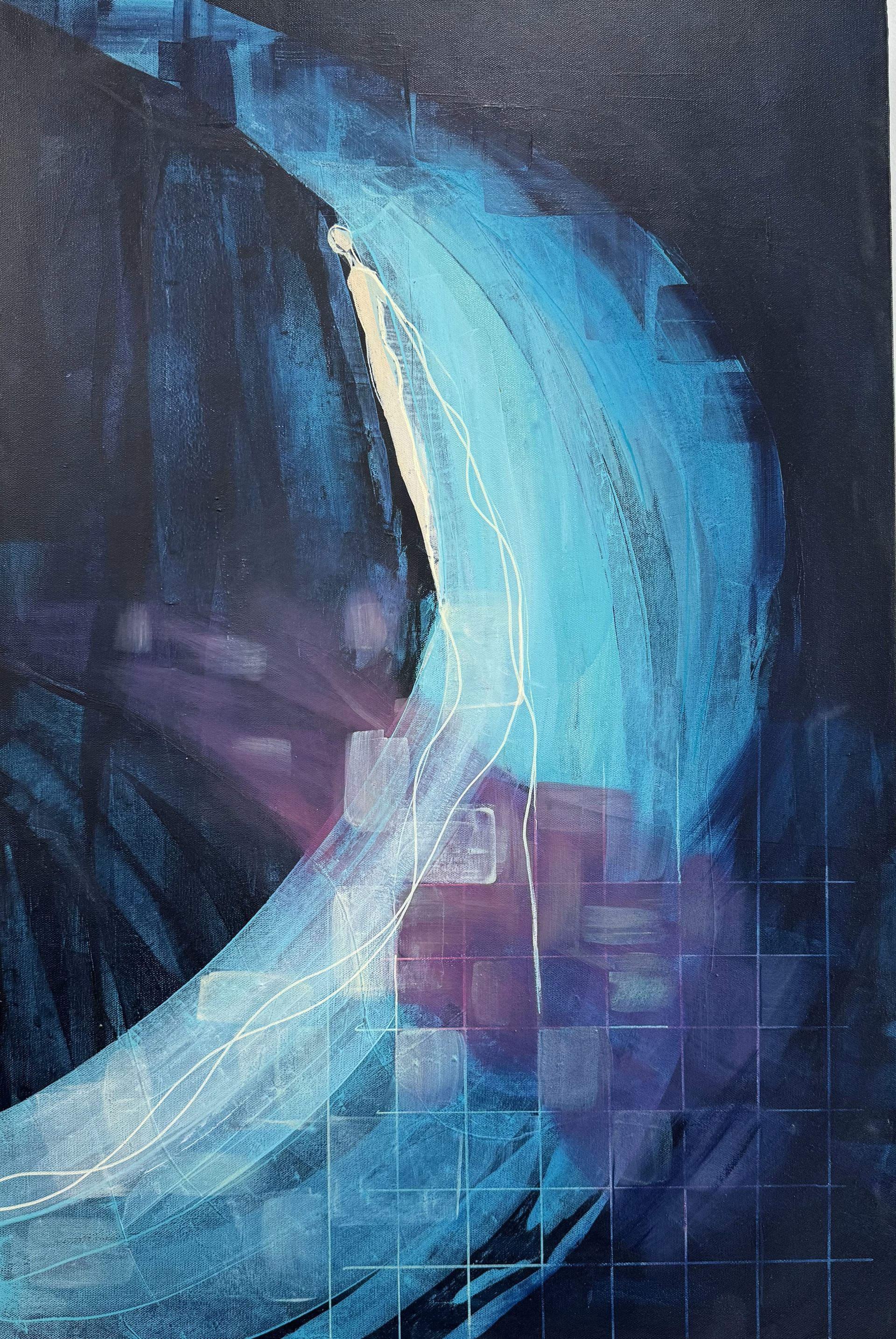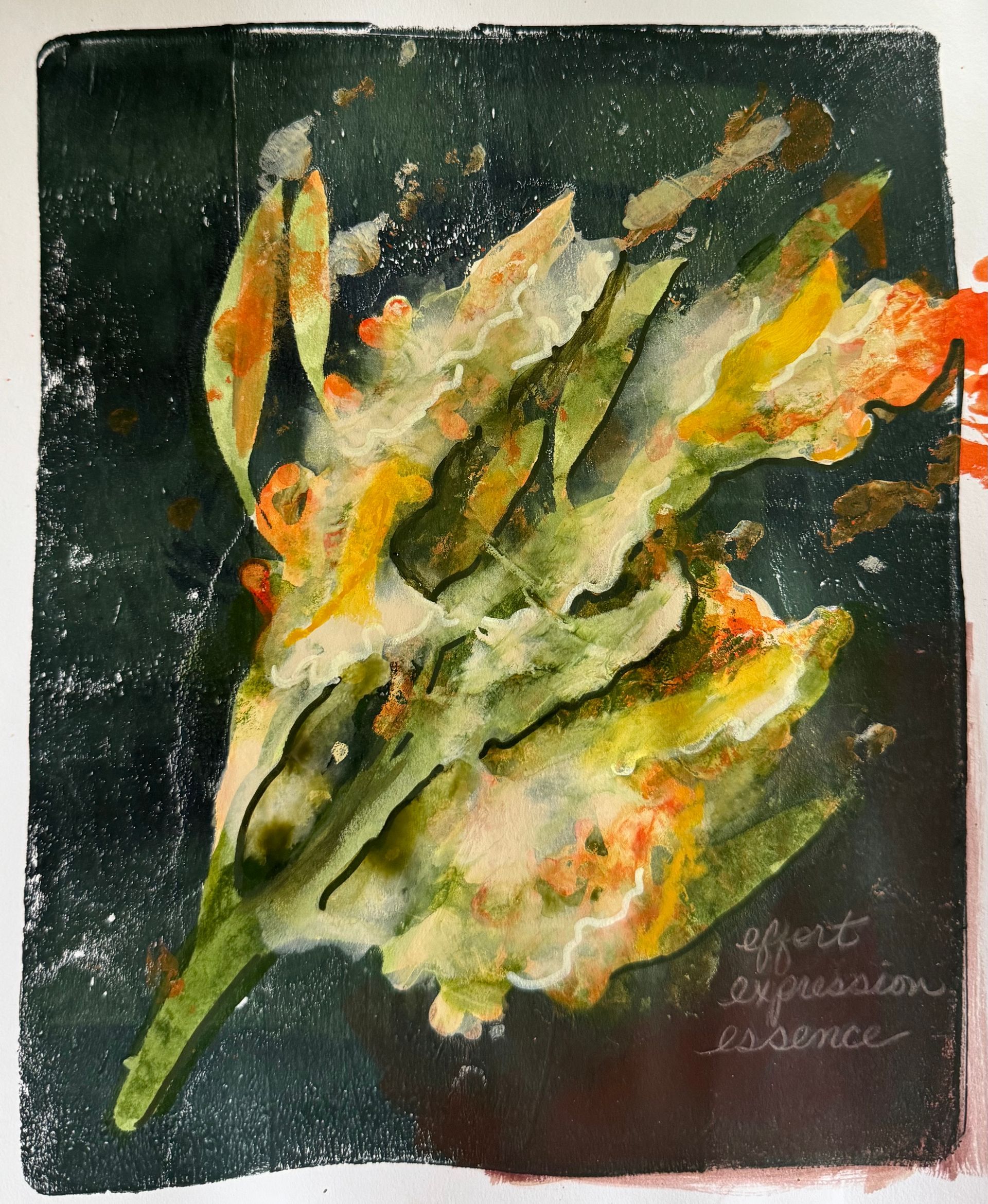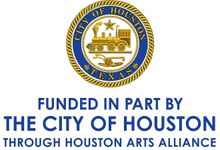THE JUNG CENTER
Uncover Hidden Truths
For more than sixty years, The Jung Center has served as a nonprofit resource unique to Houston -
a forum for dynamic conversations across disciplines and perspectives about what matters most in our lives.
Upcoming Events
Visit Our Gallery
In 1975, the Jung Center opened its non-profit gallery space in Houston's Museum District. Preston Morgan Bolton, a noted Houston architect, decorated WWII veteran, civic leader, and key patron of many local arts groups, designed the iconic space. The space exhibits a diverse array of artists and a permanent collection by Peter Birkhäuser. The gallery space presents up-and-coming artists, local artists, Texas based artists, career retrospectives, and established or mid-career artists.



